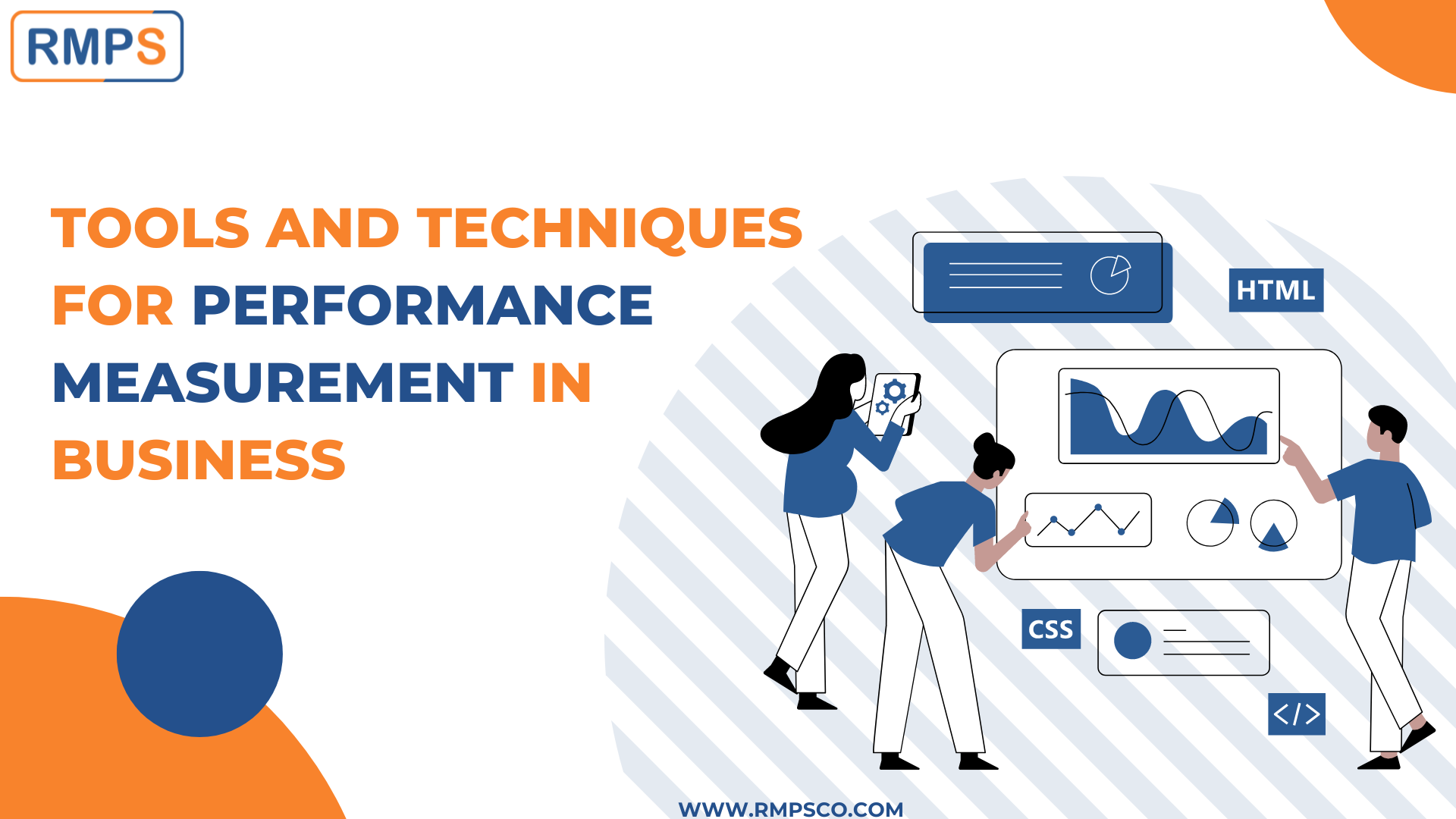
In today’s competitive business landscape, measuring performance accurately is crucial for sustainable growth and success. By quantifying various aspects of business performance, companies can make informed decisions, identify areas for improvement, and optimize their strategies. This blog will explore the essential tools and techniques for performance measurement in business, helping you stay ahead in your industry.
Why Performance Measurement Matters
Performance measurement is the backbone of effective management. It provides insights into how well your business is achieving its goals, helps in identifying inefficiencies, and supports strategic planning. Without proper measurement, it’s challenging to understand what’s working and what needs adjustment.
Key Tools for Performance Measurement
- Key Performance Indicators (KPIs):
KPIs are specific, measurable values that demonstrate how effectively a company is achieving key business objectives. Common KPIs include:
- Revenue Growth: Tracks the increase in a company’s sales over a period.
- Customer Acquisition Cost (CAC): Measures the cost of acquiring a new customer.
- Customer Lifetime Value (CLV): Estimates the total revenue a business can expect from a single customer account.
2. Balanced Scored
The Balanced Scorecard is a strategic planning and management system used to align business activities to the vision and strategy of the organization. It incorporates financial and non-financial performance measures to provide a more balanced view. The four perspectives include:
- Financial: Measures profitability, revenue growth, and cost management.
- Customer: Assesses customer satisfaction and retention.
- Internal Processes: Evaluates the efficiency of internal operations.
- Learning and Growth: Focuses on employee training and development.
3. Benchmarking
Benchmarking involves comparing your business processes and performance metrics to industry bests or best practices from other companies. This can help identify areas where your business can improve and set realistic performance targets.
4. Data Analytics
Data analytics involves examining raw data to draw conclusions and make better business decisions. Tools like Google Analytics, Tableau, and Power BI can help analyze various data sets, providing valuable insights into customer behavior, market trends, and operational efficiency.
5. Surveys and Feedback Tools
Gathering direct feedback from customers and employees is invaluable. Tools like SurveyMonkey and Qualtrics allow businesses to create surveys to gauge satisfaction, identify pain points, and gather actionable insights.
Techniques for Effective Performance Measurement
- SMART Goals
Setting SMART (Specific, Measurable, Achievable, Relevant, Time-bound) goals ensures that your performance measurement is aligned with clear and attainable objectives. This framework helps in defining what success looks like and how it can be measured.
2. Regular Performance Reviews
Conducting regular performance reviews helps track progress over time. These reviews should be comprehensive, covering various aspects of business performance and providing an opportunity for course correction.
3. Dashboards
Dashboards provide a real-time overview of key performance indicators and metrics. Tools like Microsoft Power BI, Tableau, and Google Data Studio offer customizable dashboards that visualize data, making it easier to monitor performance at a glance.
4. Continuous Improvement Process
Adopting a continuous improvement mindset ensures that performance measurement is not a one-time activity but an ongoing effort. Techniques like PDCA (Plan-Do-Check-Act) cycle help in iterative improvements based on performance data.
Conclusion:
Quantifying success through performance measurement is essential for any business aiming to achieve sustainable growth. By leveraging the right tools and techniques, businesses can gain valuable insights, drive efficiency, and enhance overall performance. Implementing these practices will not only help in achieving current objectives but also in setting a strong foundation for future success.
Subscribe Our Newsletter : bmX – Subscribe on LinkedIn
This article is only a knowledge-sharing initiative and is based on the Relevant Provisions as applicable and as per the information existing at the time of the preparation. In no event, RMPS & Co. or the Author or any other persons be liable for any direct and indirect result from this Article or any inadvertent omission of the provisions, update, etc if any.
Published on: May 28, 2024
